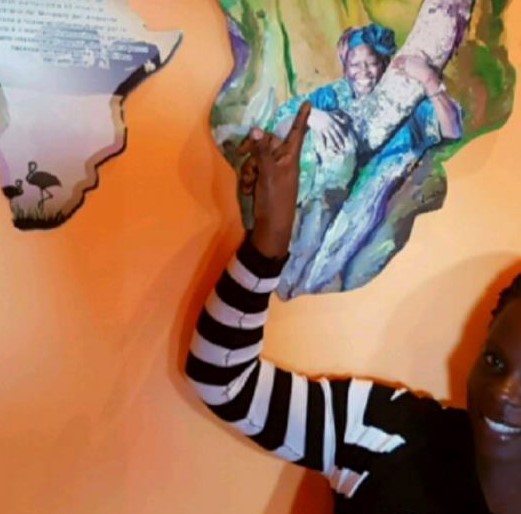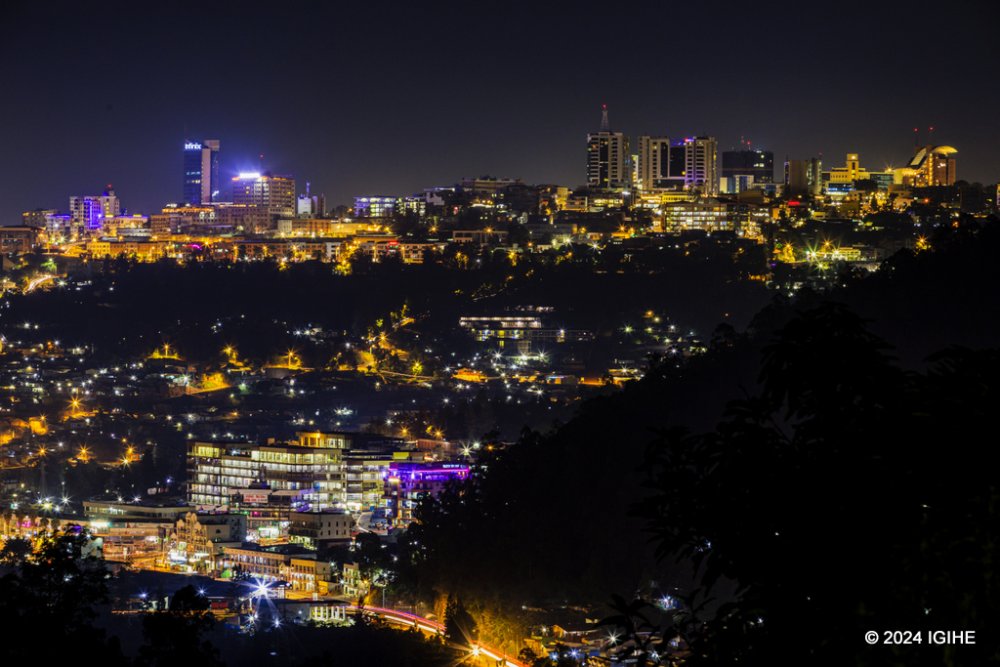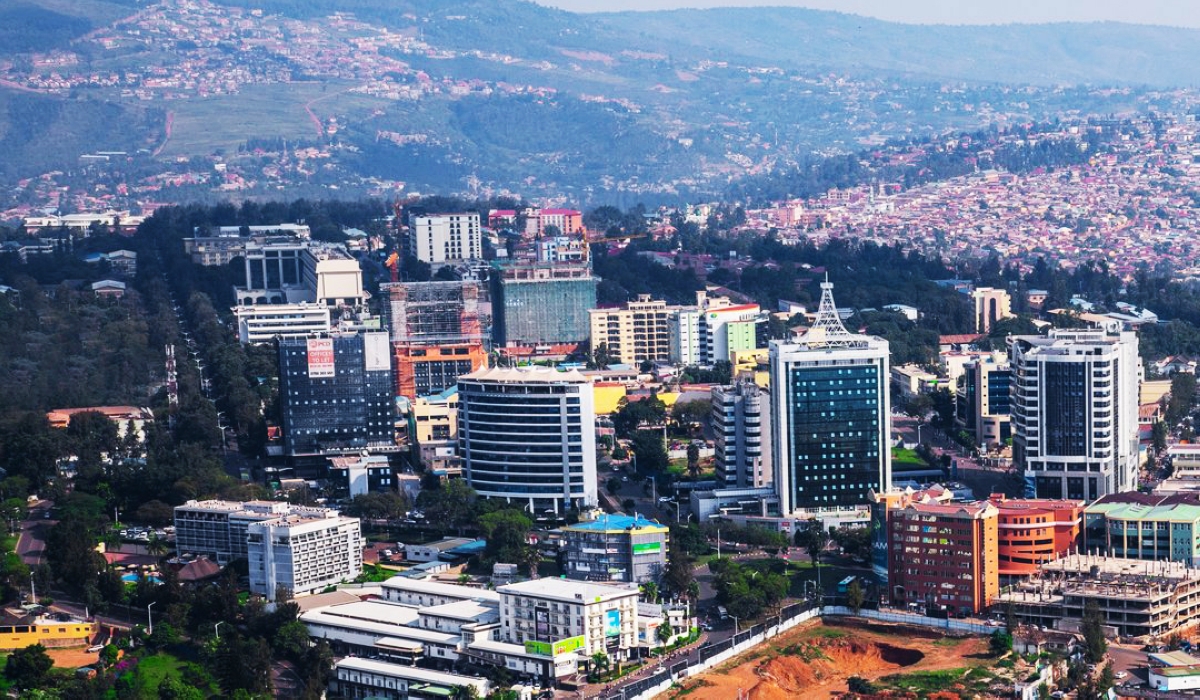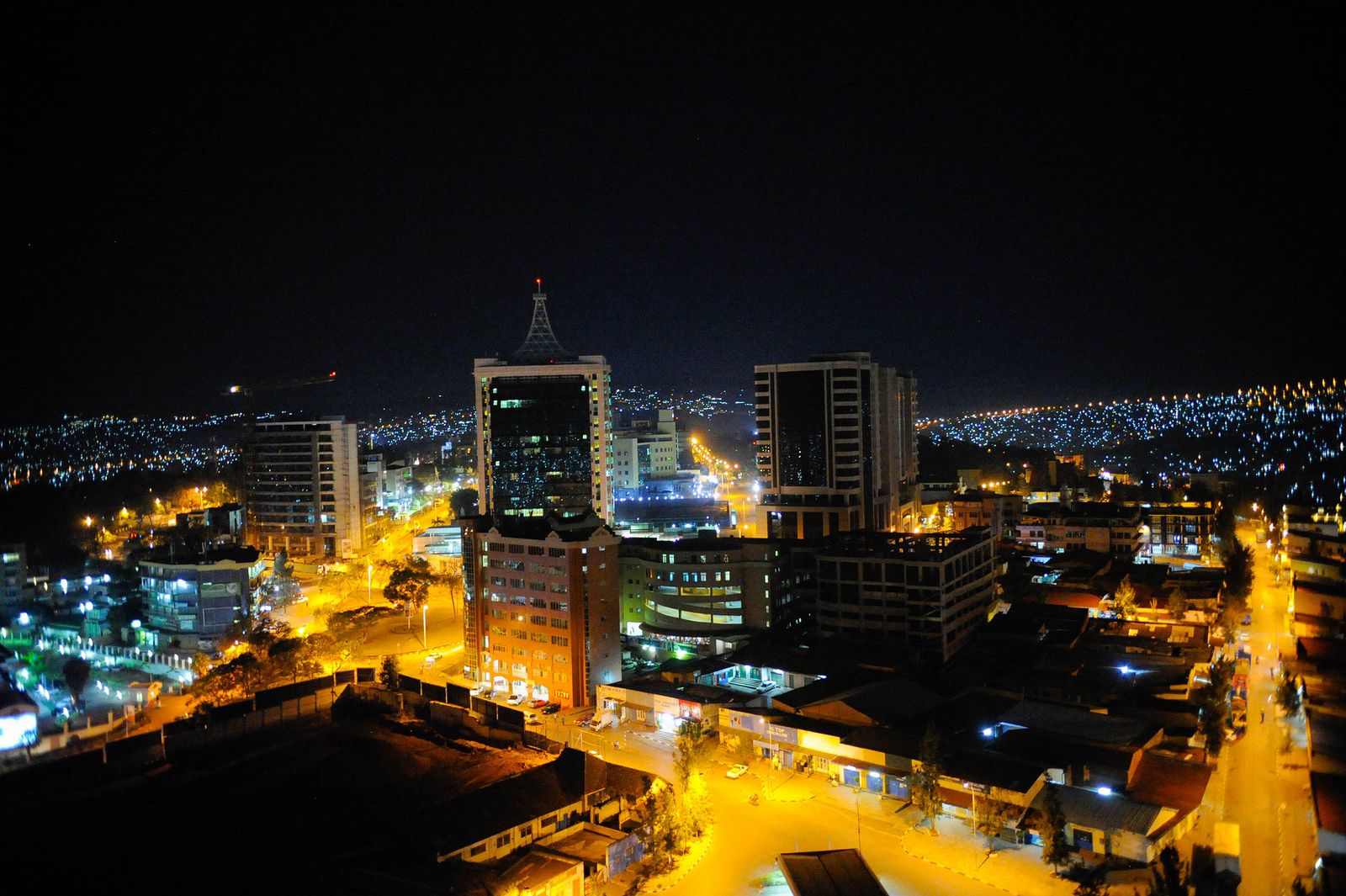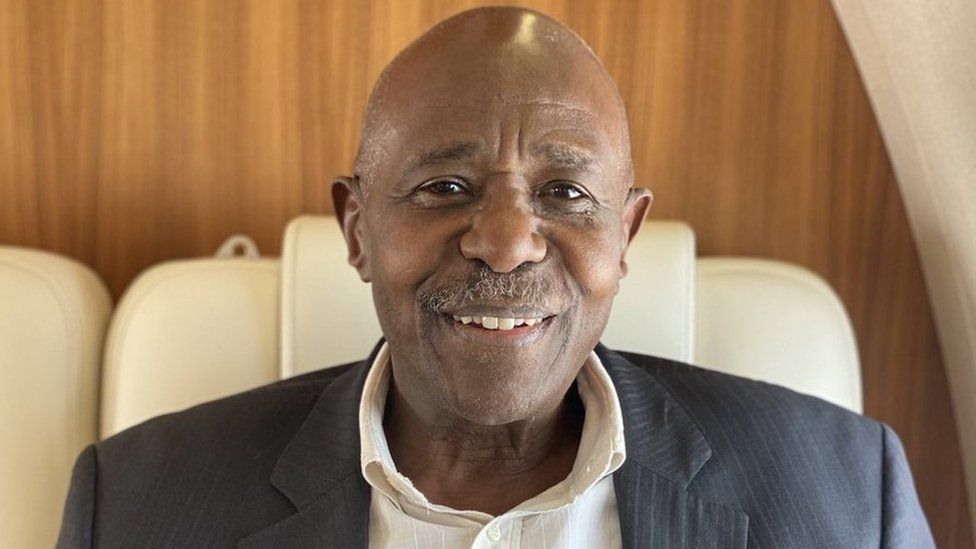Regional
The dangerous Western media narrative on Rwanda
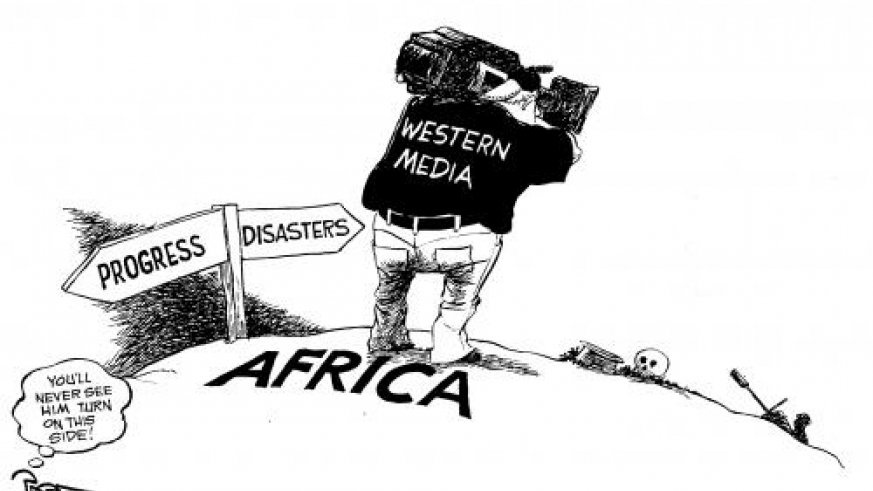
In the run up to the just concluded peaceful elections in Rwanda, foreign media started a coordinated attack against Rwanda, especially the person of President Paul Kagame in what was known as ‘The Forbidden Stories.” It is the first time in my life I heard that a group of 50 journalists from 11 countries can come together to package all bad things they could think of about one country, Rwanda, and its president in particular.
This group of journalists who
cast Rwanda as hell on earth was joined by hostile NGOs, including Human Rights
Watch and Amnesty International, which are known for their consistent bias
against Rwanda. Virulent anti-Rwanda
journalists in Western mainstream media amplify these biased narratives.
It is common knowledge now
that whenever there is an important event that is going to take place in
Rwanda, negative Western media is littered with lots of negativities on Rwanda.
Most of these stories
including the so-called “Forbidden Stories” have nothing new to report but a
recycled old narrative told by Western critics, genocidaires, and disgruntled
politicians living in Western capitals.
Think about the motive for
example of the bad press on Rwanda at a time of elections. This was intended to
create a bias against President Kagame first of all so that Rwandans believe
that he is a human rights violator who does not deserve to be elected.
Secondly, when organizations
like Human Rights Watch and Amnesty International come in, they aim at the same
thing but more to that, they are interested in seeing Rwanda facing sanctions
for human rights abuse.
The just concluded elections
and those that came before in other years have shown that Rwanda has a culture
of organizing the most peaceful elections on the African continent and beyond.
Western media pays more
attention to biased critics and organizations based outside Rwanda as their
sources of information about Rwanda than the people who live in the country.
Facts do not matter.
The most dangerous Western
media narrative about Rwanda is two-fold. The first one is aimed at rewriting
the history of Rwanda especially of what happened in 1994, so that the
criminals who committed the genocide against the Tutsi in Rwanda can be
exonerated and seen as innocent while those who stopped the genocide against
the Tutsi, RPF and their leader, Kagame, are seen as the causes of the
genocide.
A case in point is the film
documentary produced in 2014 by British journalist Jane Corbin, 'Rwanda: The
Untold Story,' and latter several books like, 'Do not Disturb' by Michela
Wrong, 'In Praise of Blood' by Judi Rever, and others also promoted by western
media.
When it comes to reporting
about Rwanda, media houses like BBC and VOA lose it when it comes to upholding
media ethics and principles. They are openly serving as political tools meant
to tarnish the image of Rwanda. The two media houses have gone a notch higher
by selectively recruiting journalists with a negative attitude about their
country.
When you read the BBC story of
July 14, written by one Didier Bikorimana-BBC Great Lakes, with all the
knowledge that the killing that happened in Rwanda in 1994 constituted the
genocide against the Tutsi, he prefers to call the killings as mass slaughter.
His attitude is not only negative about his own country, but more dangerously
reflects a mindset of genocide denial.
When Rwanda tells the world
that in 1994 more than one million people lost their lives and Western media
stubbornly creates its own figures of 800,000, the message is simple and clear.
Their agenda is to shape the narrative and rewrite the history of Rwanda.
When Rwandans have the liberty
to choose their leaders and manage their political affairs, Western media
creates the “opposition” for Rwanda by promoting people like Ingabire Victoire,
whose political ambition is based on ethnic divisions and double genocide
theory.
In 1994, one million innocent
people were killed because of the divisive politics and Rwandans today cannot
accept to be taken back to the dark past.
Similarly, the portrayal of
Paul Rusesabagina as a hero by Western media is deeply flawed. His depiction in
the Hollywood film “Hotel Rwanda,” is a fraud. He never saved any people, but
he was a cunning person who exploited genocide against the Tutsi to make money
and a name. Furthermore, his involvement in terrorist activities against
Rwanda, which resulted in innocent deaths, is conveniently overlooked.
When the two big Western media
houses, BBC and VOA, opened Kinyarwanda programmes after the genocide against
the Tutsi, there was a hidden sinister agenda. It was not about playing the
cardinal role of providing media service to the people of Rwanda because
Rwandans have their own media houses that do it even better.
They are aimed at changing the
mindset of Rwandans against their good leadership, shaping and controlling the
narrative as well as rewriting the history of Rwanda.
The ultimate goal is to destabilize the country.


